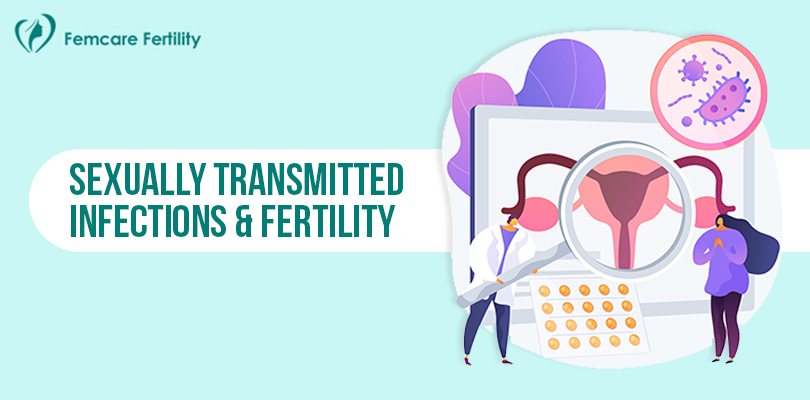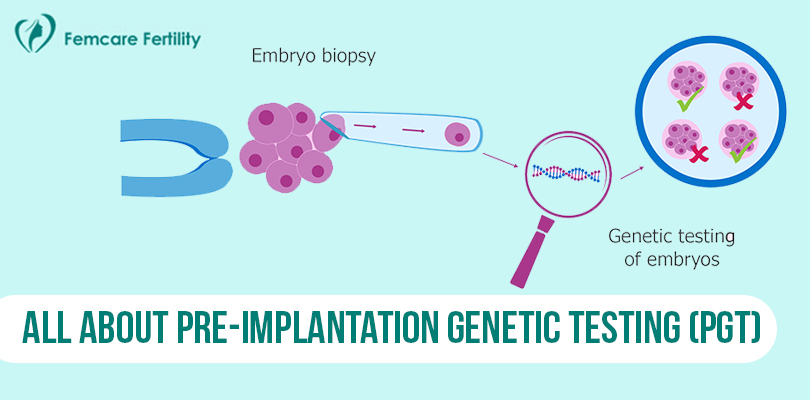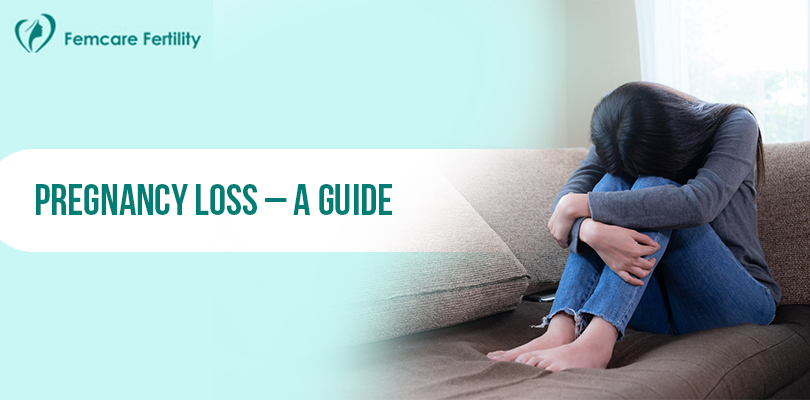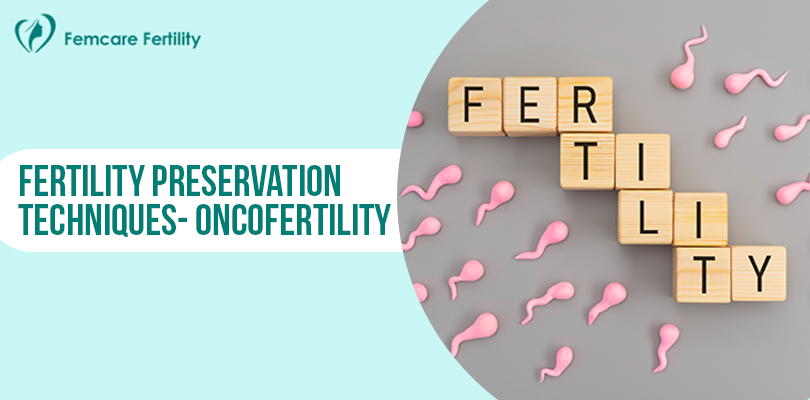“We are what we eat”. This quote so wonderfully encapsulates the profound impact food can have on our bodies and importance of being mindful of our eating habits.
Food not only affects our weight and energy levels but also our fertility – from egg and sperm production/ health, hormonal balance to uterine health, pregnancy maintenance, development and well-being of the baby.
Food as medicine is a long-standing concept. The concept of ‘rainbow plate’ is now gaining popularity in India, it is a ‘balanced whole meal’ comprising of packets of essential nutrients (and colourful veggies) which can help with a healthier body ready to make a mini human
There is no fool-proof “diet” that can eliminate infertility. However certain dietary tweaks can support ongoing treatment, overall well-being and improve your odds of having a baby.
This article aims to shed some light on common fertility-aiding foods – required nutrients and where to get them from.
The important food groups:
- Carbohydrates and fibre – Whole or complex carbs which are slow digesting, so provide energy while keeping the sugar and hormone levels balanced. Oats, whole wheat bread, brown rice, quinoa
- Proteins – From natural sources, especially vegetable proteins help with ovum and hormone production. Switching to lean meats, with less calories and unhealthy fat is beneficial.
- “Good” fat – Mono- and polyunsaturated fats. These help in testosterone, progesterone and estrogen production and regulation.
- Vitamins and minerals – Micronutrients which are essential for the body’s development and functioning. Involved in plethora of fertility-related functions.
- Antioxidants – Eliminate toxic substances produced from body’s normal functioning, which can harm sperm & egg DNA and quality.
Nuts, eggs, avocados, dark chocolate, fish, leafy veggies, lentils are common foods packed with variety of these essential food groups in one serving.
Hydration is also a crucial part of the fertility diet. Water is ultimate elixir for overall health. It flushes out toxins, regulates hormones and improves circulation to the reproductive organs. Having it the form of green tea or lemon water can enhance taste as well as benefits.
Foods to improve sperm and egg health:
|
Nutrient |
Function |
Common Sources |
|
Vitamins |
Antioxidants |
|
|
|
Vit C – 90mg for men, 75mg for women Anti-inflammatory, helpful in slowing endometriosis Menstruation regulation Improves progesterone levels in women Prevents clumping of sperms and abnormal forms due to DNA damage Improves sperm count and motility |
Oranges, lemons, tomatoes, cherries, mangoes, kiwi, strawberries Cauliflower, red cabbage, broccoli, peas, potatoes |
|
|
Vit E – 15mg Helps in more cervical mucus production making it favorable for
sperms Pregnancy support – reduces miscarriages, involved in endometrial
thickening Improve sperm quality by protecting it from free radicals damage Enhances sperm count and strength |
Almonds, peanuts Sunflower seeds Soyabean oil Spinach Papaya, musk melon Avocado Red pepper |
|
|
Vit D – 20-25 mcg daily Known to enhance IVF success rates in women Help to improve sperm motility and testosterone levels |
Sunlight (even 15 mins works) Salmon, egg yolks Mushrooms, milk Cod liver oil D3 supplements |
|
|
Vit B12 – 2.4mcg Involved in production and maturation of gametes Lower B12 levels are associated with ovulation problems, embryo implantation issues (thus higher risk of miscarriage), poor sperm health, premature ejaculation and reduced libido Vit B6 – 1.3mg Helps to increase estrogen and progesterone hormone levels Vit B9 – Folate/ folic acid – Role in DNA integrity maintenance and sperm survival Enhances progesterone levels in women, important in pregnancy Also involved in egg maturation |
B12 - Milk, curd, eggs, chicken, salmon, tuna Methylcobalamin supplements B6 – Carrots, chickpeas, bananas, Chicken B9 - Green leafy veggies, broccoli Lentils, beans, nuts Eggs Citrus fruits Folate supplement |
|
Minerals |
Zinc – 11 mcg for men /
8mg for women Helps with maintaining DNA integrity of gametes Important for healthy sperm formation as high zinc levels found in
the tail and outer layer of sperms Deficiency can increase risk of early miscarriages |
Meat, shellfish Flax seeds, sesame seeds Cashews, peanuts, almonds Eggs Dals, chana, oats Pomegranates, peach Dark chocolate |
|
|
Selenium – 55-60mcg
Antioxidative properties Needed for healthy egg follicle maturation Involved in estrogen
metabolism Reduces miscarriage risk |
Tuna, chicken Paneer, brown rice Mushrooms |
|
|
Iodine – 150mcg Essential for regulation of the thyroid hormone which helps with
metabolism, weight control and ovulation |
Dairy, bread Shrimp Iodised salt |
|
|
Iron – 18-27mg daily for
women; 8mg for men Ovulation regulation |
Spinach, methi, broccoli |
|
|
Deficiency linked to ovulation dysfunction and sub-optimal egg health Reduced oxygen supply to organs and anaemia in case of deficiency |
Chicken, fish Raisins, dates, apricots Legumes, tofu Pumpkin seeds, soyabean Beetroot, tomatoes |
|
Omega 3 |
250-500mg Associated with increasing amount of cervical mucus enabling sperms to thrive in the female tract Makes blood flow to the uterus better, increasing chances of implantation Regulates ovulation and improves ovarian reserve Involved in increasing sperm count, semen volume and improving shape of the sperm for better movement. |
Salmon Cod liver oil Walnuts Flax seeds, chia seeds Soyabean |
|
Coenzyme Q10 (CoQ10) |
Helps with energy generation for cell development and maintenance Known to improve quality of eggs in women as well as undo some effects of egg-ageing. Studies have shown enhanced response to IVF in women when supplemented with CoQ10 In men, helps with increasing sperm concentration and motility |
Pista Chicken, salmon Sesame seeds Soyabean oil, olive oil Cauliflower, avocado |
|
Amino acids: L-arginine, L- carnitine |
Antioxidative Help to increase blood flow to the uterus Improve sperm production
and health |
Milk, tofu Chicken Supplements |
Vitamins and minerals are trace/ micronutrients not required in large quantities, but deficiencies can lead to problems hence it is prudent to maintain their levels and have a balanced diet.
Foods for PCOS:
One of the risk factors of PCOS is insulin resistance, meaning the body cannot use the insulin produced effectively, putting women at risk for diabetes, obesity, heart problems, cholesterol and infertility. Managing insulin resistance and weight by diet can go a long way in preventing or reducing the complications - A low simple carbs, high fiber diet (whole foods) diet eschewing processed, sugary food. Use of healthy fats and lean proteins helps with weight maintenance (Whole grains, fresh fruits, pulses, nuts, chicken, fish). Some gharelu nuskhas like turmeric and tulsi can also be helpful.
Common important nutrients during pregnancy:
|
Nutrient |
Recommended dosage |
Function |
|
Folic acid |
400 - 600mcg – 3 months prior to and into the pregnancy |
Imperative in development of baby’s spine and brain Deficiency is known to increase risk for neural tube defects in the
fetus |
|
Iron |
27mg daily |
Involved in oxygen delivery to the baby Deficiency
can lead to premature delivery and anaemia in the baby |
|
Omega 3 |
200mg daily |
Important for development of baby’s eyes, brain and nerves. Protect from premature delivery and low birth weight |
|
Calcium |
1000-2500mg |
For development of the baby’s bones, muscles, nerves, heart, blood vessels Sources: Milk, yogurt, bananas, tofu, figs, seeds, leafy vegetables |
Being watchful of what we put into our bodies helps to promote good health and fertility; knowing what not-to-do is equally important.
Foods to avoid:
- Refined carbs – Processed flours, sugars – These cause rapid shooting and dropping of blood sugar and insulin. They give an instant feeling of fullness only leading to cravings in sometime and consumption of more junk. There are no fibres left in refined carbs making digestion difficult and increasing risk of diabetes, heart disease, obesity, PCOS, sperm DNA damage, reduced sperm motility. Eg. White bread, white rice and pasta, baked goods, fizzy/energy drinks and cereals.
- Processed foods – Junk/ fried food, ready-to-eat packed meals are laden with unhealthy (trans) fat, artificial colours and flavours, preservatives. Processed meat contains artificial hormones, pesticide- laden veggies – all of which can cause hormonal imbalance leading to impaired gamete production. Trans-fat can also cause obesity, increased cholesterol.
- Alcohol: It is known to affect sperm count and quality. It may increase risk of insulin resistance. Also associated with birth defects if consumed in early pregnancy.
- Caffeine: Increases miscarriage risk and affects metabolism of essential minerals. (Maximum 2 cups a day).
- Certain fish: Tuna, sardine, king mackerel contain high amounts of mercury which can hamper sperm count, quality as well as oestrogen levels. It can cause birth defects in the baby. Cod-liver oil is to be avoided in pregnancy as Vit-A levels are high which can also lead to birth defects.
- Raw meat, unpasteurised milk/milk products: Contain certain bacteria which can increase miscarriage risk as well as pass to and infect the baby.
Good food habits must be incorporated into our daily routine, starting with the switch to home cooked meals, smaller portions and snacking on healthier alternatives. The changes take at least 3 months for improved fertility.
The information above is one of the many self-help articles you may come across however, it is essential to realise that each person’s condition and goals are different. Always consult your fertility doctor and dietician before making drastic dietary changes.
Food is just a piece of the overall lifestyle-factors-affecting-fertility puzzle. Good diets are effective only in conjunction with healthy lifestyle modifications like exercise/ movement, stress reduction and quality sleep.
Femcare Fertility believes in holistic care of our patients to provide the best infertility treatment in Pune. We try to incorporate natural alternatives, guide you towards better lifestyle and diet adjunct to your fertility treatment, thereby making us one of the best infertility clinics in Pune.
This article is for knowledge purposes only and not to be treated as medical advice or recommendation. Any kind of diet or supplements is always to be taken under the guidance and prescription of an expert.






